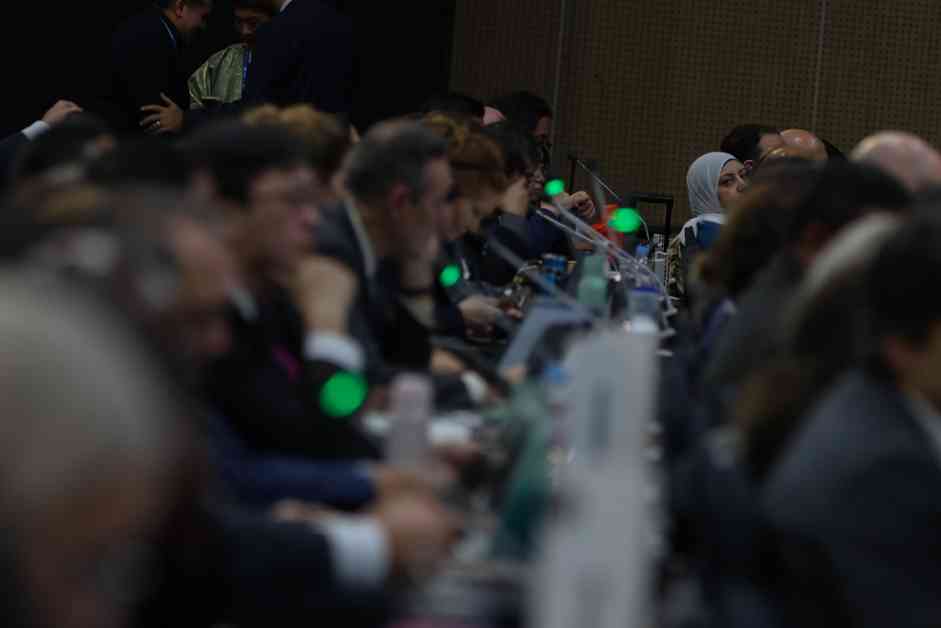Countries failed to reach an agreement on a global UN pact to tackle plastic pollution following intense negotiations in Busan, South Korea. The talks, which went into overtime, saw more than 100 countries advocating for curbing plastic production, while oil-rich states like Saudi Arabia, Russia, Kuwait, and Iran resisted, arguing that the focus should be on consumption and recycling. The stalemate led to the suspension of the session with plans to resume discussions at a later date.
High Ambition Coalition Takes Center Stage
During the negotiations, the High Ambition Coalition (HAC) made a strong push for ambitious treaty proposals, including setting a global target to reduce plastic production to sustainable levels. Juliet Kabera from Rwanda and Camila Zepeda of Mexico garnered widespread support for their calls to phase out harmful plastic products and chemicals. Despite the overwhelming backing from developing and rich nations, the United States remained an exception to the support for these provisions.
Oil-Rich States Push Back
On the other side, oil-producing nations like Saudi Arabia, Russia, and India argued against manufacturing curbs, emphasizing the importance of plastic in society’s development. They believed that the focus should be on addressing pollution rather than restricting plastic production. The petrochemical sector, which heavily relies on fossil fuels for plastic production, sees the industry as a crucial economic lifeline.
Industry Influence and Environmental Consequences
Environmental groups like the Environmental Investigation Agency and Greenpeace raised concerns about industry influence on the negotiations. They highlighted the need for real solutions to combat plastic pollution and emphasized the dire consequences of delays in reaching an effective agreement. The rising plastic production poses a significant threat to greenhouse gas emissions and exacerbates the climate crisis, making it crucial to find a balance between economic interests and environmental sustainability.
As the world grapples with the plastic pollution crisis, the negotiations underscore the complex challenges of bridging the divide between economic interests and environmental conservation. With frontline communities bearing the brunt of plastic pollution, the need for a comprehensive and ambitious global pact is more pressing than ever. The role of countries like China in leading the way towards a sustainable solution remains pivotal in shaping the future of plastic production and consumption worldwide.














